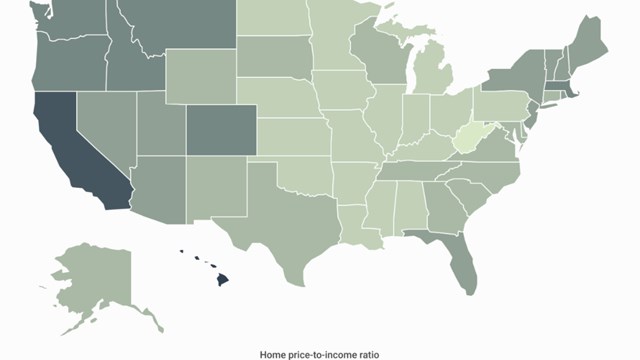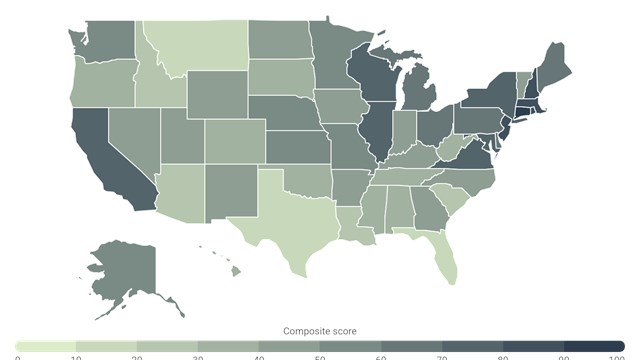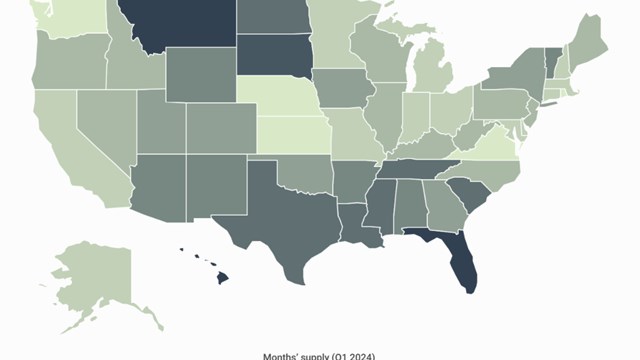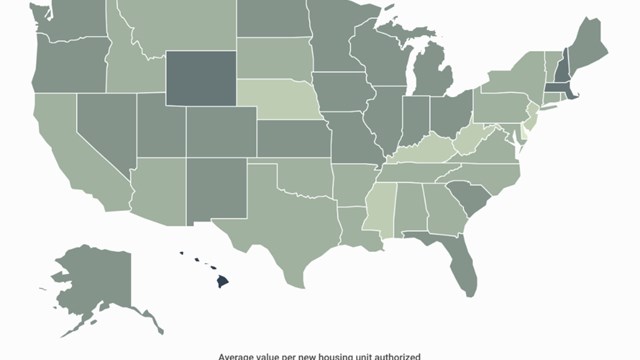A famous scene in a 1980s Woody Allen film features two real estate agents trudging toward each other from opposite directions in the desert. Both appear battered, their clothes frayed, their hair and beards unkempt. When they meet, one asks, “How’s business?” “Great,” replies the other. “Me too,” says the first - then they continue on their respective ways.
This scene was played for absurdist comedy of course, but it may hit uncomfortably close to home given the the state of the apartment market for co-
op, condo, and rental units in New York City in the wake of the ongoing COVID-18 crisis. Ask any broker today how the market is faring (and we did!) and they’re likely to tell you everything is fine.
But is that perhaps wishful thinking? The first hard statistics on vacancies, values, and other measures of market health are beginning to sift in, primarily for rental units, and the trajectory is pretty decisively in a downward direction. The question is whether the trends we are seeing in the rental market will also hold true for co-op and condominium units.
Rentals - the Canary in the Coal Mine?
Jonathan J. Miller, President and CEO of Miller Samuel, a nationwide real estate appraisal and consulting firm based in New York, observes that “According to our research, Manhattan rentals have declined 10% - the largest drop in 14 years, I believe. It also has the highest vacancy rate in 14 years, with concession market share rising and concessions rising. The declines are deeper in lower-priced units because unemployment is heavily skewed towards lower wage earners. The rental market is therefore more vulnerable than the sales market.”
Miller further explains that a portion of the current rental market is positioned within the condominium market, since many individual condo units were initially purchased as investment properties intended to be rented out long-term. He says that condo units that are rented out are even more subject to this trend “Because individual unit owners don’t have the cash flow depth that a REIT landlord
might have.” For condominium owners who lease out their units, the ultimate goal is to keep that unit occupied and generating income to cover their monthly costs. As rents drop in the general market, they are certain to drop in this submarket as well.
Industrywide Stats
According to industry research supplied by Mira Marcus of RealFrend.AI, “In the summer of 2019, a renter who had a monthly budget of $3,500 had to rent an apartment that was priced at $3,000, and would pay 15% extra for the broker’s fee - adding up to $3,500 in monthly payments. In the summer of 2020, apartment rental asking prices have dropped 20%, and we are seeing a 70%-80% rise in apartments available without a brokers’ fee. So a renter who has a $3,500 budget can actually rent an apartment that would have been priced at $4,375 a year ago. That’s almost 50% more in value for New York City renters.”
Implications for Co-op & Condo Sales
The question is how this drop in rental prices - reflecting the desire of landlords both large and small to keep their rental income flowing - will affect the sales market. Frankly, the jury is still out on that. Brokers indicate that sales are happening, though they are fewer and at lower prices than at the peak of the market - which was in decline prior to the COVID-19 crisis.
On the other hand, pent-up demand from months of COVID-caused inactivity is expected to keep sales flowing. One possible scenario is that condominiums - which are more easily rented than co-ops, thanks to the limited power of condo association boards to control subletting within a building or HOA - may see a steeper decline as investors awaken to the new realities of a rental market that may not cover their monthly condo fees and property taxes. Either way, the pros seem to agree that at this point, it’s a wait-and-see situation.










Leave a Comment